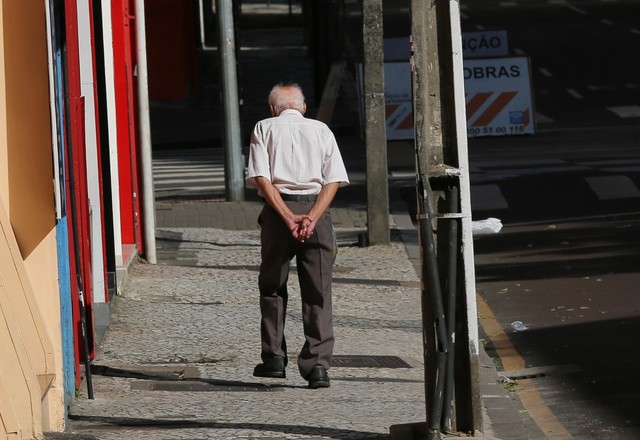In an attempt to reduce the spread of the novel coronavirus and reduce Covid-19’s death toll, the municipality of Porto Alegre (Rio Grande do Sul), passed a decree to restrict the circulation of citizens who are 60 years old or more.
Elderly citizens spotted on the streets can be fined up to BRL 417 (USD 81), according to City Hall. They will only be allowed to leave their homes to go to the hospital, shop for food, or medicines. The restrictions, however, exclude those who work in essential public services—such as healthcare and law enforcement.
According to a survey released by pollster Datafolha, 66 percent of elderly citizens fear being infected by the novel coronavirus—below the overall rate (74 percent). They also are more optimistic about the duration of the crisis—with only 12 percent saying they expect the health emergency to last for more than 120 days.
Overall, the municipality Porto Alegre has issued 26 decrees with circulation restrictions. Authorities say they have worked, as the number of people on the streets on Sunday (March 22) was 57 percent smaller than one week before.
According to data from the Health Ministry, the state of Rio Grande do Sul has recorded 86 Covid-19 infections.


 Search
Search






































